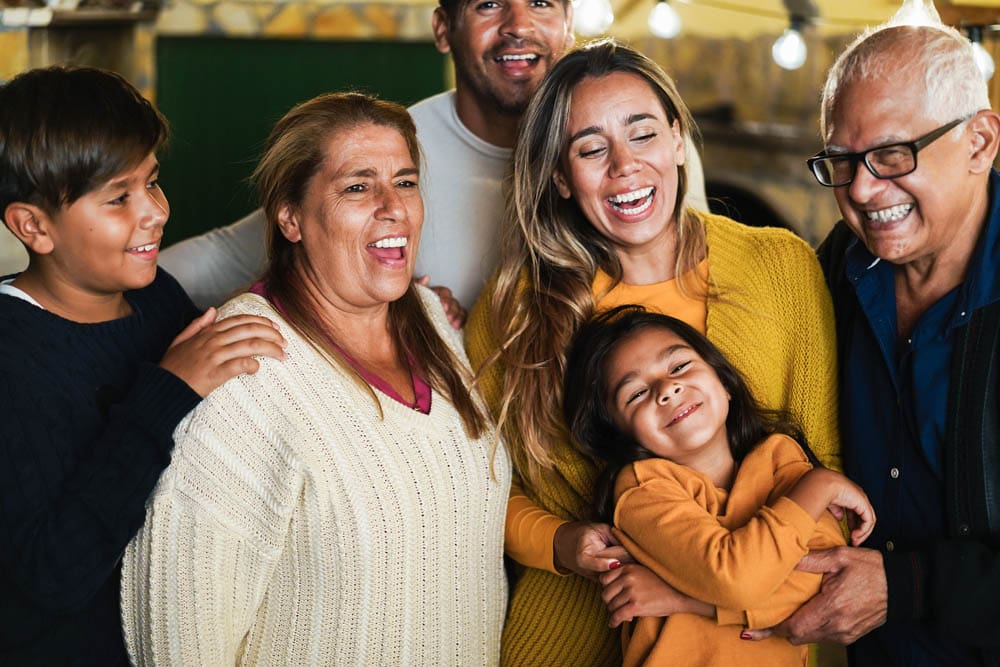Overcoming addiction and finding recovery from substance abuse is hard. Trying to do it alone is even harder. Of course, any addict entering a rehab program isn’t entirely alone, as any treatment program will have staff and fellow patients in a support role for the patient throughout the rehab process. But without the support of people who knew you before entering rehab, it can be a solitary, isolating process.
It is nearly impossible to overstate the value to a recovering addict of the role of family support in drug recovery.
Family is the first line of defense and the last bastion of support for many people. For such people, family is there to help you no matter what your problem and will lend a supportive hand in the worst of times, including dealing with the ravages of substance abuse.
This isn’t true for everyone, sadly. Some people have poor relationships with their birth families or little to no blood relations in their life. But such people sometimes have so-called “found families,” groups of friends and loved ones that serve the same role in their life that birth families do for other people.
Whether connected by blood or otherwise, no matter how it formed or exists, families are for such people a vital part of their lives and important in times of trouble, including in the depths of drug recovery.
Some addicts would never reach rehab at all without family support, needing a dramatic intervention just to acknowledge their substance abuse problem and agree to seek help. But even for those addicts who do reach an epiphany of a need for treatment on their own, family support is invaluable to entering rehab and, even more importantly, remaining sober after they leave rehab.

For it’s the post-rehab recovery stage where a need for support is keenest. The recovering addict is no longer in a controlled environment, surrounded by paid staff who can help a patient in times of travail. They are now back in the everyday world where they first became addicted, surrounded by triggers and opportunities to feed cravings, and avoiding relapse is suddenly a serious problem requiring strong willpower and outside assistance from concerned bystanders.
Family is more than just concerned bystanders, though. They are more connected to the recovering addict’s needs and problems than co-workers or distant friends. They are more likely to be involved regularly than the supportive but unknown strangers at support meetings. They are more invested in the recovering addict because he is one of them, one of the family, and they are there for them.
Good Landing Recovery does everything it can to help treat addiction while a patient is under their care, but they also encourage patients to find such support where they can for when they leave rehab, and family is one of the most likely places to find such aid. Whether literal blood brothers and sisters, or cousins, or just the boon companions that form their chosen family unit, these are the people who love and care for the addict and want to see them find a more lasting recovery in a sustained sobriety.

Family, in whatever form it takes for the role of support and care, is a vital part of a person’s life and can serve an important role in helping a recovering addict maintain their sobriety. They can be there in times of struggle, help addict’s resist cravings through being present for them, lend a welcome ear to complaints and, overall, just show love and concern for someone who needs such signs of support.
